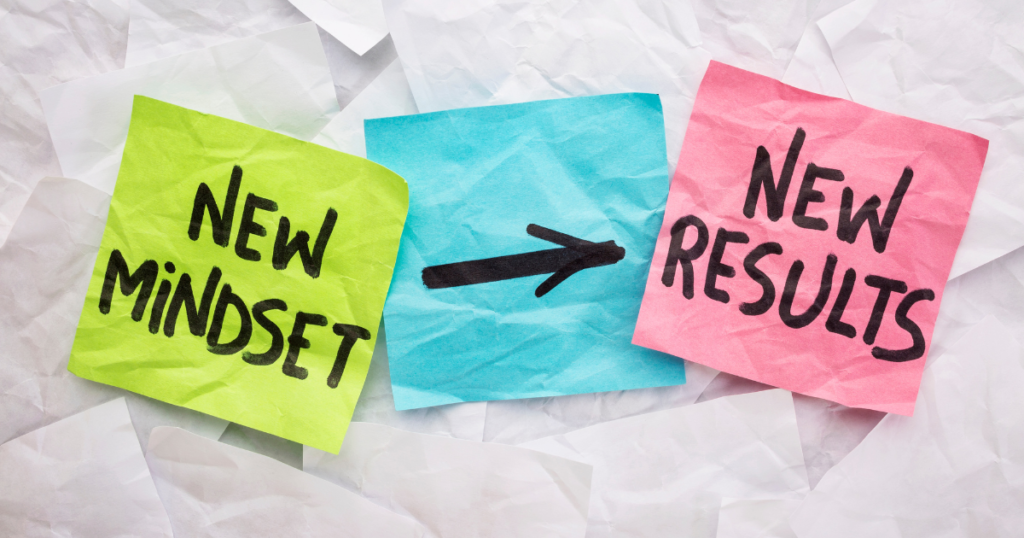Mark and Susan had been together for almost five years. From the outside, they looked solid—fun vacations, easy laughter at gatherings, the kind of connection that made others say, “You two are perfect.” But lately, something felt… off.
It wasn’t anything dramatic. No yelling, no big arguments. Just a growing silence. A distance Mark couldn’t explain but definitely felt.
One evening, over a quiet dinner, Susan’s voice broke the calm. Her eyes welled up.
“I feel invisible around you,” she said, barely above a whisper. “And I don’t even know how to talk to you about it without feeling needy.”
Mark sat there, stunned. In that moment, Mark realised it wasn’t just about her needing something from him. It was about both of them not knowing how to meet each other emotionally anymore.
Later that night, he lay awake wondering—how did things get to this point? Why didn’t she say something earlier? And more importantly, why hadn’t he noticed?
That conversation didn’t fix everything. But it made one thing clear: something was missing.
And for Mark, that was the beginning of something new—not just fixing the relationship, but learning to understand emotions.
Understanding Emotional Intelligence: It Starts Within
Being emotionally intelligent (EQ) is more than just learning to control your anger or find a way to remain cheerful in the face of adversity. It implies being aware of your feelings, understanding the reasons behind them, and using that insight to direct your behaviour.
Daniel Goleman, a pioneer in the field, broke EQ into five key components:
- Self-awareness
- Self-regulation
- Motivation
- Empathy
- Social skills
While that may sound academic, it plays out in the most human way possible: through our relationships. The truth is, we all crave connection. But very few of us are taught how to truly connect—starting with ourselves.
The Mirror We Avoid Looking Into
Have you ever snapped at someone and then regretted it five minutes later? Or ghosted a friend instead of telling them they hurt you?
That’s what happens when we live reactively instead of reflectively.
Emotional intelligence invites us to look into the mirror—to acknowledge our emotional triggers, to notice the patterns we fall into, and to stop outsourcing blame. When you begin to understand why you react the way you do, you start seeing people differently. You stop jumping to conclusions. You begin to ask, “What’s going on underneath this reaction?”
And that curiosity changes everything.
How Self-Awareness Deepens Connection
Back to Mark.
He didn’t react defensively that night. He didn’t shut down or change the subject. Instead, he sat with her words—and they stayed with him long after the conversation ended.
Something had shifted in him.
He started reflecting on his own patterns. The way he often brushed things off, thinking they were small. The times he questioned her choices, not out of malice, but out of habit—and how that might have made her feel unheard. He began to see how often he let silence fill the space, assuming everything was fine as long as there was no argument.
He started noticing how he handled discomfort with distraction, how hard it was for him to sit with emotions, especially hers. And slowly, he started asking different questions: Was I really listening? Or was I just waiting for my turn to speak?
It changed the rhythm of their relationship.
Because emotional intelligence isn’t just about being aware of others—it starts with being honest with yourself.
And for Mark, that’s when growth truly began.
What EQ looks like in real relationships
Emotional intelligence doesn’t show up as grand gestures—it’s often in the small, quiet choices we make every day.
When you’re frustrated that your partner forgot to do something important, instead of snapping, you take a breath and say, “I’m feeling overwhelmed managing things alone. Can we talk about how to share this better?”
When a friend vents after a tough day, you don’t jump in with, “Here’s what you should do.” You ask, “Do you want to talk it through, or just get it off your chest?”
When a relationship feels draining or tense, instead of ghosting or avoiding it, you express it clearly: “I care about you, but I need some space right now to get clarity.”
When something hurts, you don’t point fingers. You say, “I felt hurt when that happened,” and stay open to the other person’s perspective.
These are simple habits. But over time, they create more honest conversations, reduce defensiveness, and help relationships feel like safe spaces again.
Why Empathy is the Game-Changer
At the heart of EQ is empathy—not just understanding another’s feelings but feeling with them. Empathy means feeling into other people’s feelings without needing to fix them. It means listening for what’s unspoken behind the words. Empathy in relationships becomes a cushion. Which means when life throws us it’s inevitable curveballs, our connection doesn’t shatter — we face it head-on and strengthen the connection
Emotional Intelligence Isn’t Always Comfortable
There’s a reason many of us avoid this work. It’s easier to say “they changed” than to ask, “What am I carrying into this relationship?” Self-awareness can be uncomfortable. It can bring up old wounds, buried beliefs, and guilt we thought we had outgrown.
But on the other side of that discomfort? Freedom. The ability to choose your response. To show up with intention, not impulse. To love with presence, not projection.
It begins with YOU
The deeper your relationship with yourself, the deeper your relationships with others. You cannot expect others to provide you with emotional safety if you are continuously putting yourself last. Being afraid to be seen prevents you from developing real intimacy. However, when you start getting curious about your own patterns, you create space for others to do the same.
Your relationships become less about proving your worth and more about sharing your truth.
A new way of relating
Imagine friendships where you can say, “I’m feeling disconnected lately,” without fear of being too much.
Imagine a relationship where you can disagree and still feel deeply loved.
Imagine understanding your parents’ emotional limitations, not as excuses but as insight into their own unhealed stories.
This is what emotional intelligence offers: not perfection, but presence. Not constant happiness, but honest connection.
Let Nibana help you grow through it
At Nibana, we believe that emotional intelligence isn’t just a skill—it’s a path to wholeness. We take our clients through our life coaching sessions that bring them down to a place of self-awareness with the emotional resilience needed to transform their inner world—and in turn, their relationships.
Whether you’re navigating heartbreak, rebuilding trust, or simply trying to understand yourself better, our coaches walk with you through it. Because transformation doesn’t happen overnight. But it starts the moment you choose to go inward.
Start with you. Grow with us. Let your relationships reflect the most emotionally connected version of who you truly are.
Nibana – Where growth becomes connection.











